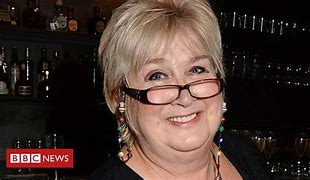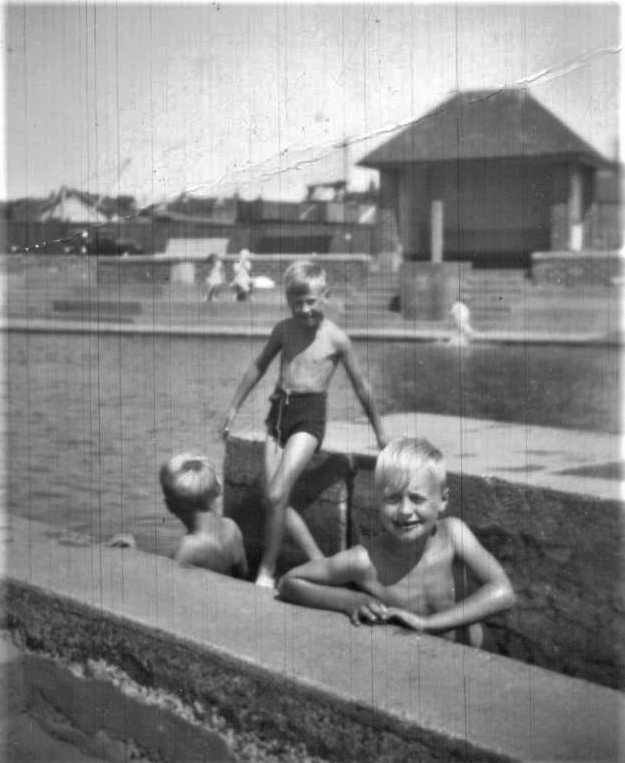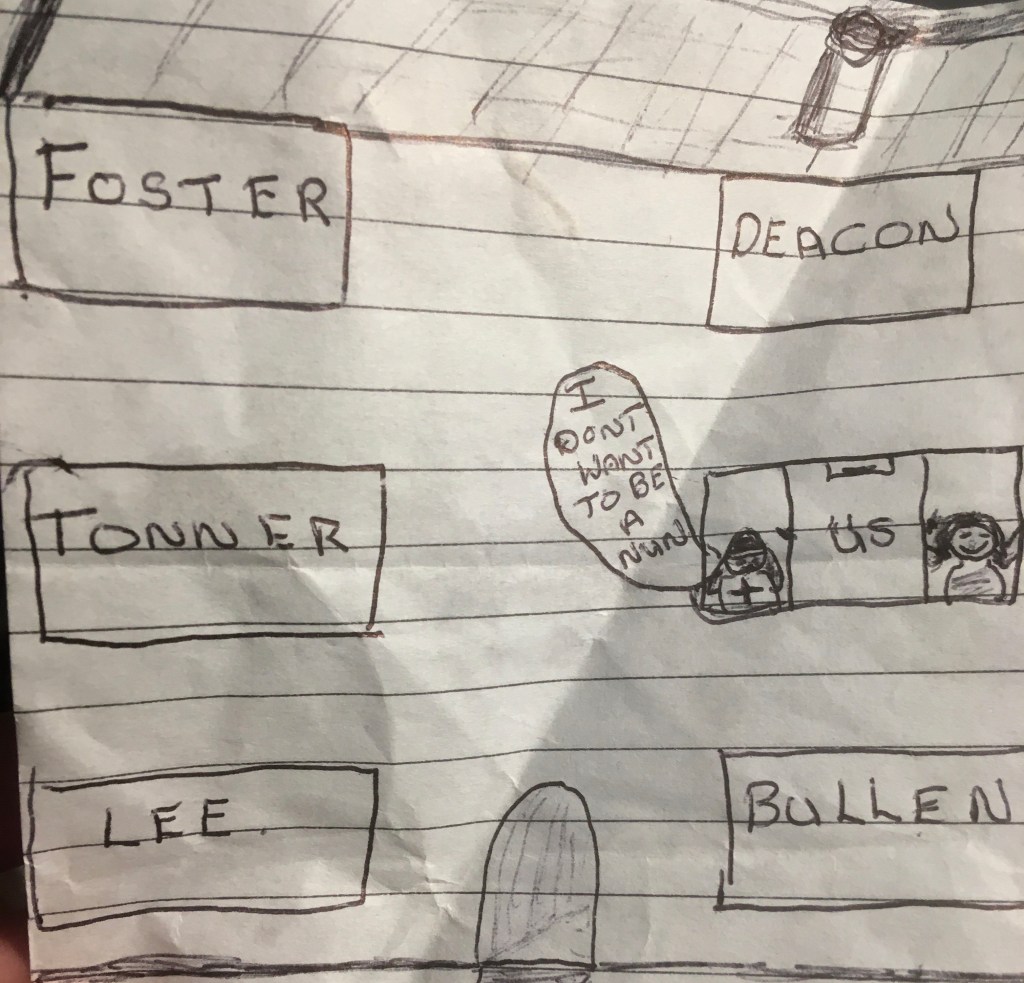
A few days ago, I got talking to an old BBC chum about the launch of Times Radio. It’s a new venture from Rupert Murdoch’s News UK and will sit alongside the company’s others stations such as Talksport and Virgin Radio.
“So, what do you make of it?” asked my old chum.
I had to confess that I had only heard snippets and really not enough to form a judgement, but I was more interested in the actual decision to launch a speech radio station with the intent to rival the likes of BBC Radio 4, BBC 5 Live and Global’s LBC and super-slick LBC News.
“Here’s yet another commercial company investing in radio,” I said, “You know, that medium that the BBC strategists kept telling us was at death’s door.”
My pal laughed but as our chat continued, I recalled the frustration I used to experience working at the BBC when it felt you were constantly having to make the case for radio in meetings dominated by executives from television. On a good day, my radio gum-bumping was tolerated with a few patronising nods, on a bad day it felt like I was arguing for the return of ration cards and powdered eggs .
“Poor old Jeff,” you could imagine them thinking, “He doesn’t realise it’s all about the kids these days…and the kids don’t want radio. They want Netflix and podcasts. Hasn’t he seen the research?”
Yes, I had seen the research. The same research that told us that average life expectancy in the U.K. was now 81 and that it might be an idea if listeners in their 40’s and 50’s had something exciting to look forward to from the BBC in the next four decades…other than having to pay the licence fee, of course.
Mind you, it was the same kind of youth-oriented thinking that led to the decision to axe BBC 3 as an actual TV channel.
“The kids will find our edgy shows on the iPlayer,” the strategists told us. “Television channels are a thing of the past.”
Of course, no one told that to the people at Freeview where there are still about a hundred channels to choose from…and four hundred on Sky. Thing of the past, though.
But back to radio. You’d think the BBC, with its proud history in audio broadcasting, would be a brilliant place to work if you were passionate about radio. But it didnt always feel like that because somewhere along the way, the executives at the top of the BBC tree stopped believing in it and whenever a round of budget cuts was announced, you could be sure that those same executives would be looking down at radio and seeing fantastic opportunities to save money. Oh, how I used to fantasise that someone would remind the BBC of its public service obligations and either ring-fence the money for radio or else remove radio completely from the clutches of TV bosses who neither understood it nor cared for it. I have friends who work in commercial radio and for all that they might have to cope with smaller budgets, salaries and production teams, you do get a sense that they are working for companies that live and breathe radio. Sure, the aim is to make money by selling advertising – and that has led to some fairly brutal shutdowns and job losses – but the BBC has been slow to see that as an opportunity to step in and fill the gap.
BBC budget cuts are always preceded with some management-speak about streamlining workflows and re-organising the management structure of the corporation for the next decade/century/millennium. As if viewers and listeners care about such stuff. Rarely does the process start with discussions about the kind of new services and programmes the BBC might be able to offer to viewers and listeners of every age group. You know, like a couple of new radio stations maybe?
This time around…as the BBC announces six hundred job losses across Nations and Regions, there’s also talk about spending one hundred million pounds on “diversity on television” – something you might have thought they should have been doing anyway. And what kind of diversity? Regional diversity, cultural diversity, diversity of age groups? Is all diversity equal or is some diversity more equal than others?
Ach, that’s enough ranting for me because I can feel my old frustrations starting to make me grumpy. Now there’s an idea: Radio Grumpy. If the BBC wont back it, maybe I can interest Rupert Murdoch. It seems like his kind of thing.









